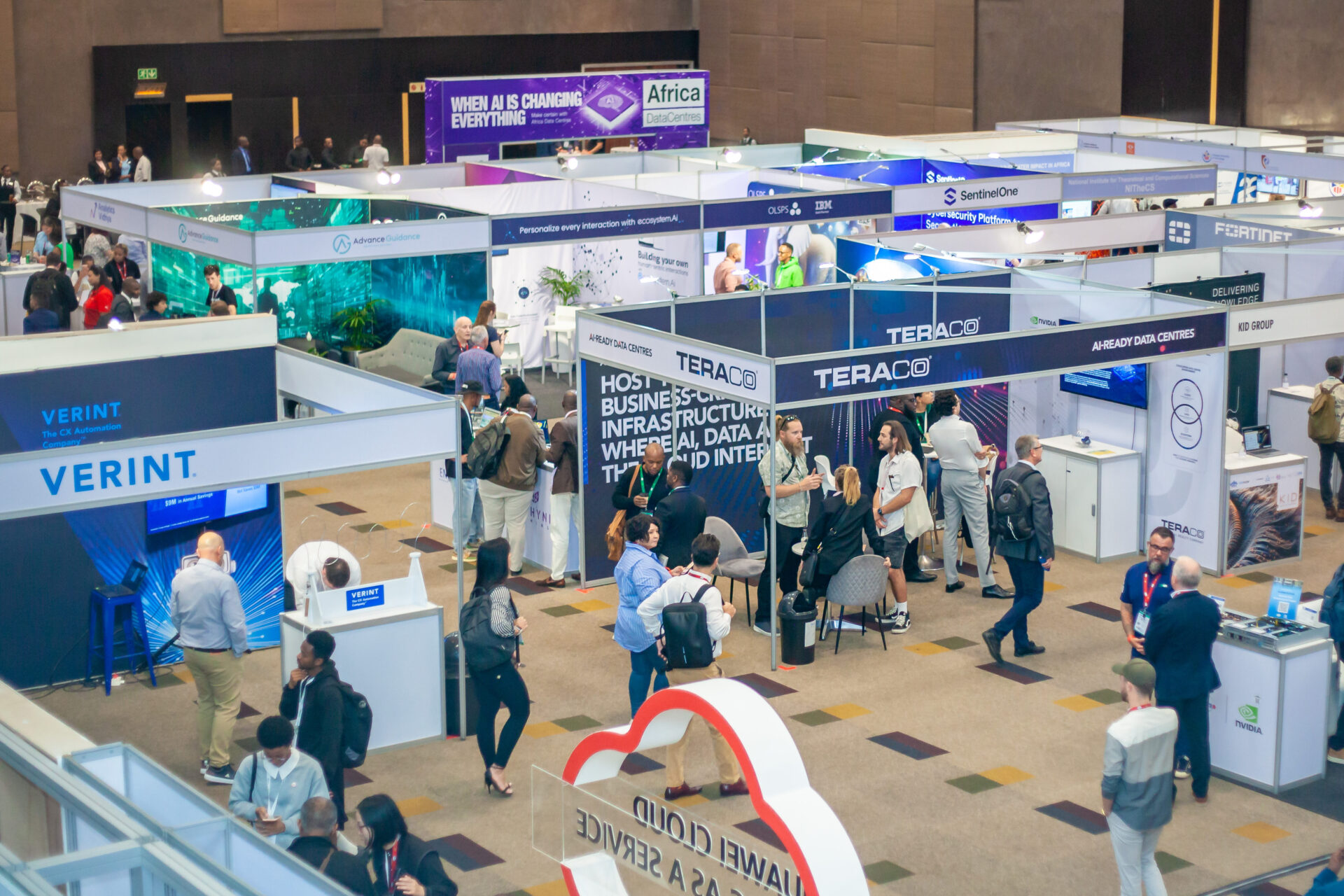With research from the National Treasury and the Association for Savings and Investment South Africa (ASISA) revealing that more than 90% of South Africans are not financially ready for retirement, the issue of financial sustainability in later life has become increasingly urgent. As October marks Seniors Month, it’s an ideal time to spark a meaningful conversation about how South Africans aged 55 and older can take practical steps to regain control of their financial futures and ensure lasting stability in retirement.
In South Africa, turning 55 isn’t just a milestone, it’s a financial turning point. Seniors face unique challenges: outliving their savings, medical inflation outpacing income growth, and supporting adult children amid a cost-of-living squeeze. Yet, with small, consistent changes, like disciplined saving, realistic budgeting, and smarter drawdown management, retirees can build resilience and peace of mind.
This conversation matters now more than ever because:
- South Africa’s life expectancy is rising, meaning more people will spend up to 30 years in retirement.
- The two-pot retirement reform has reshaped access to savings, but withdrawal patterns show persistent behavioural risks.
- Healthcare inflation remains 2–3% above CPI, threatening long-term financial stability for retirees.
Against this backdrop, one question stands out: how can today’s seniors prepare more effectively for tomorrow’s retirement?
The below article, featuring Sisandile Cikido-Nkatu, Head of Product at Nedbank, offers practical, research-backed guidance for senior South Africans navigating the complex realities of saving, spending, and protecting wealth post-55. It also contextualises financial longevity within the country’s two-pot retirement system, rising healthcare costs, and shifting income patterns among older adults.
For the opportunity to interview Sisandile Cikido-Nkatu, please let me know, and I will be happy to assist with arranging it.
6 Smart Saving Moves for Senior South Africans
October is Seniors Month, an ideal time to re-evaluate your retirement strategy. In South Africa, turning 55 marks the transition to senior status at banks, bringing new benefits and financial responsibilities. Alarmingly, over 90% of South Africans aren’t saving enough for retirement. With longer lifespans and rising costs, especially healthcare, the risk of outliving your savings is real. Whether you’re still earning, preparing for retirement, or living on a fixed income, your money needs to work harder as a senior.
Sisandile Cikido- Nkatu, Head of Product at Nedbank, recommends viewing retirement planning as a new training programme for your finances. Retirement isn’t the time to relax financial discipline; it’s when it becomes more essential. By actively managing your budget and making informed decisions, you can avoid pitfalls such as excessive debt or depleted savings and protecting your money by ensuring it is working for you, i.e. earning interest.
1. Make saving a formal goal, whatever your income
If you’re still working, treat retirement saving as a fixed priority, not something you’ll “catch up on later. Time is your ally when it comes to saving and investing,” “Even if you can only set aside small amounts, consistency counts,” Sisandile says. “Schedule increases when your income improves and use windfalls to top up and automate these increases and monthly savings. As difficult as it can be with parents taking care of their children for longer, try to avoid letting support for children or other expenses completely derail your own plans. It’s not selfish to save for your own future, it’s better for you and your loved ones .”
2. Preserve what you can at every stage of your life
A major reason many people reach retirement with too little is that they’ve dipped into their savings too often, especially when changing jobs. Cashing out early breaks the power of compounding and can reduce your retirement income. The two-pot system is designed to reduce this risk by locking in two-thirds of new retirement contributions until you retire. But it also allows limited access to the remaining third. With over R21 billion withdrawn in the first six weeks after the launch of the two-pot system, it’s clear that access to a savings portion alone won’t solve the problem of people withdrawing their retirement savings, self-discipline and planning are essential, while you may want access to a portion of your money, you must consider the tax implications of withdrawals which to an extent, eradicate your savings and overall vision. “Treat your retirement savings as untouchable unless there is truly no alternative,” Sisandile cautions.
3. Keep saving after you retire
Many people continue to earn into their sixties and seventies. Whether it’s part-time work, consulting, or rental income, putting some of it aside can make a real difference over time. “Saving after retirement might sound counterintuitive,” says Sisandile, “but it’s one of the smartest ways to ease pressure on your long-term investments and give yourself more flexibility throughout your retirement.” Think about your how far your 80th birthday is from the day you stop officially working? Sobering, isn’t it?
4. Right-size your drawdown rate
If you’ve retired and you get an income from a living annuity, drawing too much from it early on can permanently reduce your future income. ASISA data shows the average drawdown in 2024 was 5.6%, down from 6.6% the year before. That’s progress, but most people should aim for a drawdown rate of 4 – 5% to ensure their retirement money lasts longer.
5. Budget realistically for rising medical costs
Healthcare inflation continues to outpace general CPI by 2–3% annually, meaning medical expenses can quickly erode retirement income. Retirees should build buffers into their budgets, consider gap cover or dedicated health savings accounts, and explore affordable primary care solutions to mitigate unexpected costs.
6. Review your plan every year
Your needs change over time and so should your savings plan. You don’t need to completely overhaul your finances, but a yearly check-in can help you achieve the financial security you need later in life. “With the right plan and the right habits, it’s never too late to save for the future,” Sisandile says. “And remember that a short conversation with a financial adviser can be one of the best investments you make in your future peace of mind.”





